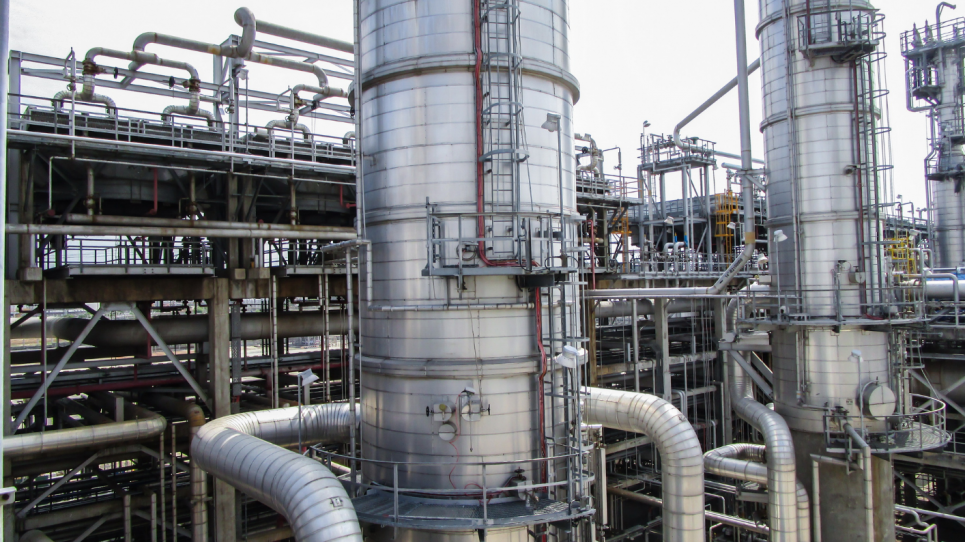The VIVALDI project will study how to transform CO2 into a raw material for the chemical industry
GENOCOV, from the Autonomous University of Barcelona, leads the project

To achieve the Sustainable Development Goals, many industrial sectors need to accelerate their own transition to more efficient processes and in favor of a low-carbon, circular economy. In this context, the chemical industry is one that has some of the most important challenges to solve, but also the most promising in the context of the transition to the bioeconomy. Based on this concept of bioeconomy, future bioindustries will reduce their greenhouse gas emissions, their dependence on fossil carbon imports, and the exploitation of key raw materials.
The VIVALDI project, coordinated by the Autonomous University of Barcelona and with the participation of the BETA Technological Center of the UVic-UCC, will develop a set of innovative biotechnologies to transform waste gases from industries into key sectors (food and beverage industry, the paper industry, or producers of bioethanol and biochemicals) in new raw materials to reintroduce them back into processes in the chemical industry. The VIVALDI project is funded by the Horizon 2020 program.
The core of the VIVALDI solution is to capture, enrich and transform CO2 into organic acids of great importance to the chemical industry. The resulting compounds have several applications: they can be used in the same industry, improving the sustainability and circularity of bioindustry processes and products, or opening up new opportunities (e.g., bioplastics and animal feed).
The VIVALDI project has a multidisciplinary and international consortium led by the GENOCOV research group of the Autonomous University of Barcelona. The consortium includes relevant companies (SunPine AB, Damm and Bioagra), technology developers (VITO, UFZ, LEITAT, Processium, Avantium, Autonomous University of Barcelona, University of Natural Resources and Life Sciences – Vienna, Luleå University of Technology) to end users (Nutrition Sciences. The team is complemented by three knowledge centers: the BETA Technology Center, the technology and innovation consultancy (ISLE) and the European Association representing the Carbon Capture and Utilization community in Europe (CO2 Value Europe).
The consortium is ready to transform biorefineries, with the vision of a new CO2-based industrial sector that will help greatly reduce the industry’s carbon footprint and boost the EU economy.
